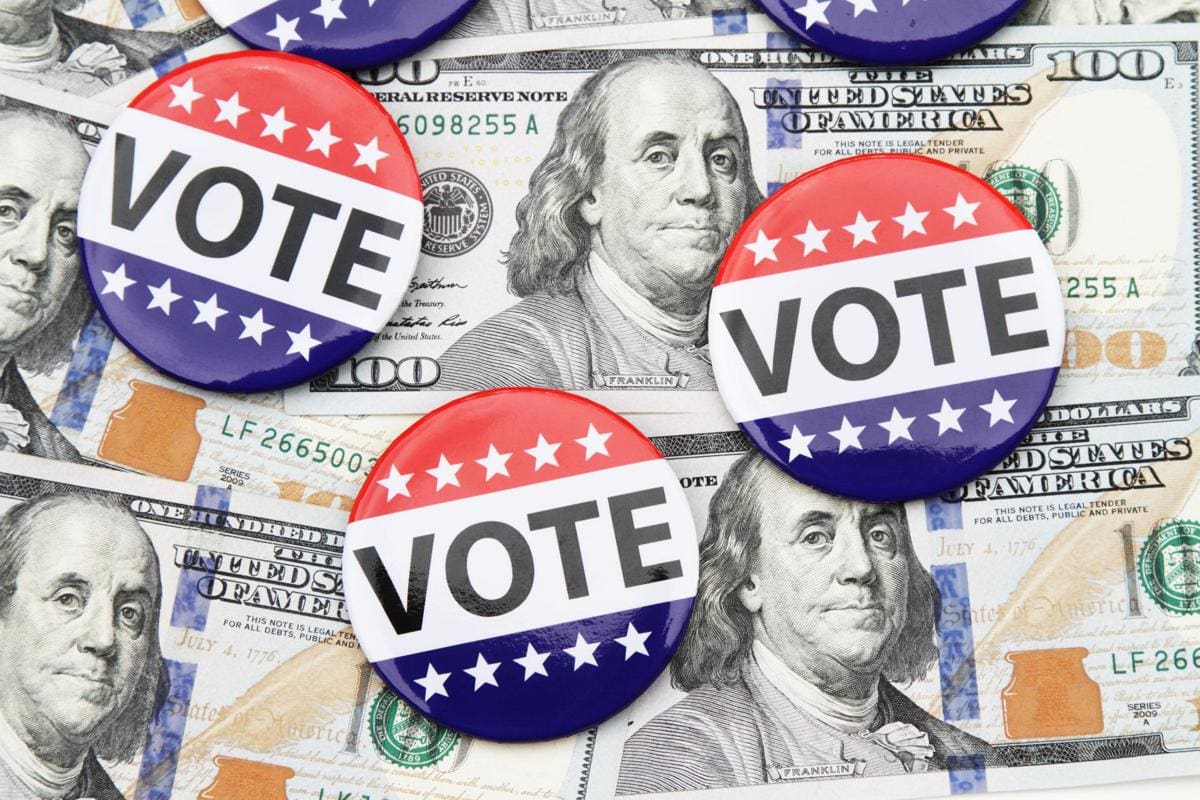Texans concerned about our local debt crisis have the proverbial deck stacked against them. Not only do special-interest contractors who profit off bond projects also finance “vote yes” campaigns, but school boards are now getting caught spending taxpayer money on messaging research explicitly designed to help influence their bond election.
An open records request in Keller ISD uncovered a poll specifically designed to not only “assess levels of support and opposition” of the bond, but also to “measure the persuasiveness” of statements to determine which “facts” the district should communicate in order for the bond to pass.
The poll assessed initial voter sentiments on what’s commonly referred to as an “uniformed ballot”, showing that while 38% support the bond, 44% oppose. It then measured which “informational statements” describing different projects in the bond are the most (or least) popular with voters.
The poll also identified how various messaging appeals to different demographics, including both parents and non-parents. It concluded with a summary of recommendations, including a “messaging matrix” listing the statements that will be most effective in persuading different groups to support the bond.
In addition to the ethical issues these tactics raise, school boards who use them to design their “educational” campaigns may also be violating the law.
We’ve previously discussed how ISDs considering new transparency standards backed away from disclosing basic financial information on the ballot amidst legal concerns that the election code doesn’t force them to do so. So much for local control…
Remarkably, districts don’t share the same legal concern for sections of the law that explicitly prohibit them from knowingly funding campaigns designed to influence the outcome of elections, including their own bond proposition.
Districts argue that Sec. 255.003 of the election code states that communications which “factually describe the purpose of the measure” are not considered political advertising.
But the definition is conditional, as another section prohibits officers and employees from using “communication describing the measure” if it contains information that is “sufficiently substantial and important as to be reasonably likely to influence a voter to vote for or against a measure.”
In the absence of the poll, it would be difficult to prove that KISD and others are knowingly utilizing selective messaging to increase support for the bond.
But the stated objective of the poll is to do precisely that; influence voters.
Local governments have proven that telling the whole truth is not convenient in advancing their agenda. Instead, the masters of manipulation are spending your hard-earned tax dollars researching which “facts” they should share, and which they should brush under the rug…they’re also lobbying against transparency reform.
But if sharing all the facts of a bond is so damaging as to prevent its passage, then politicians should propose an alternative, and give voters what they want. To note, a premiere effort by school districts opposing similar reform (and pushing for property tax increases) is the Fast Growth School Coalition.
If local governments won’t increase transparency, then the legislature should require them to…and provide stiff penalties for ignoring the law.
After all, it’s your money.




